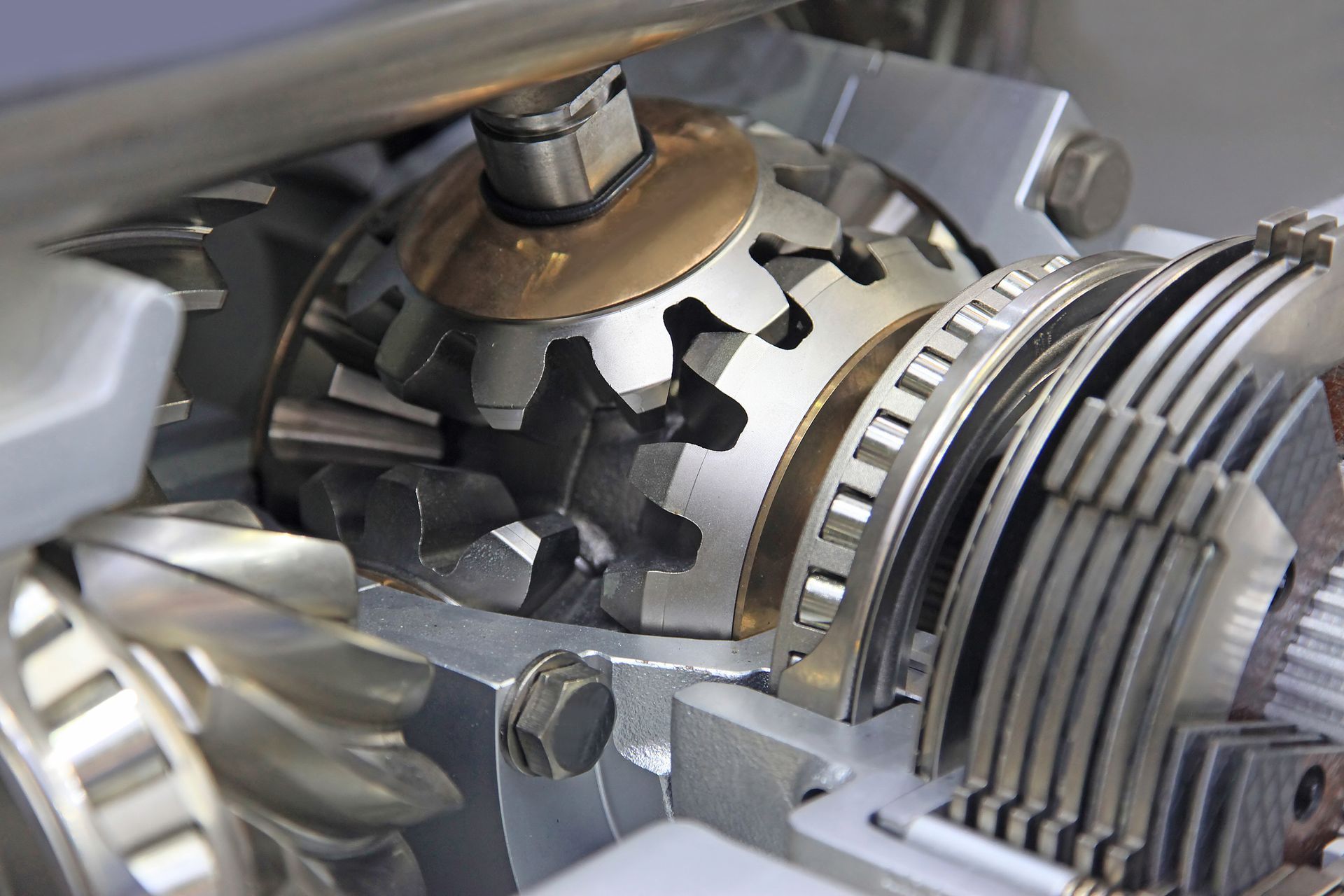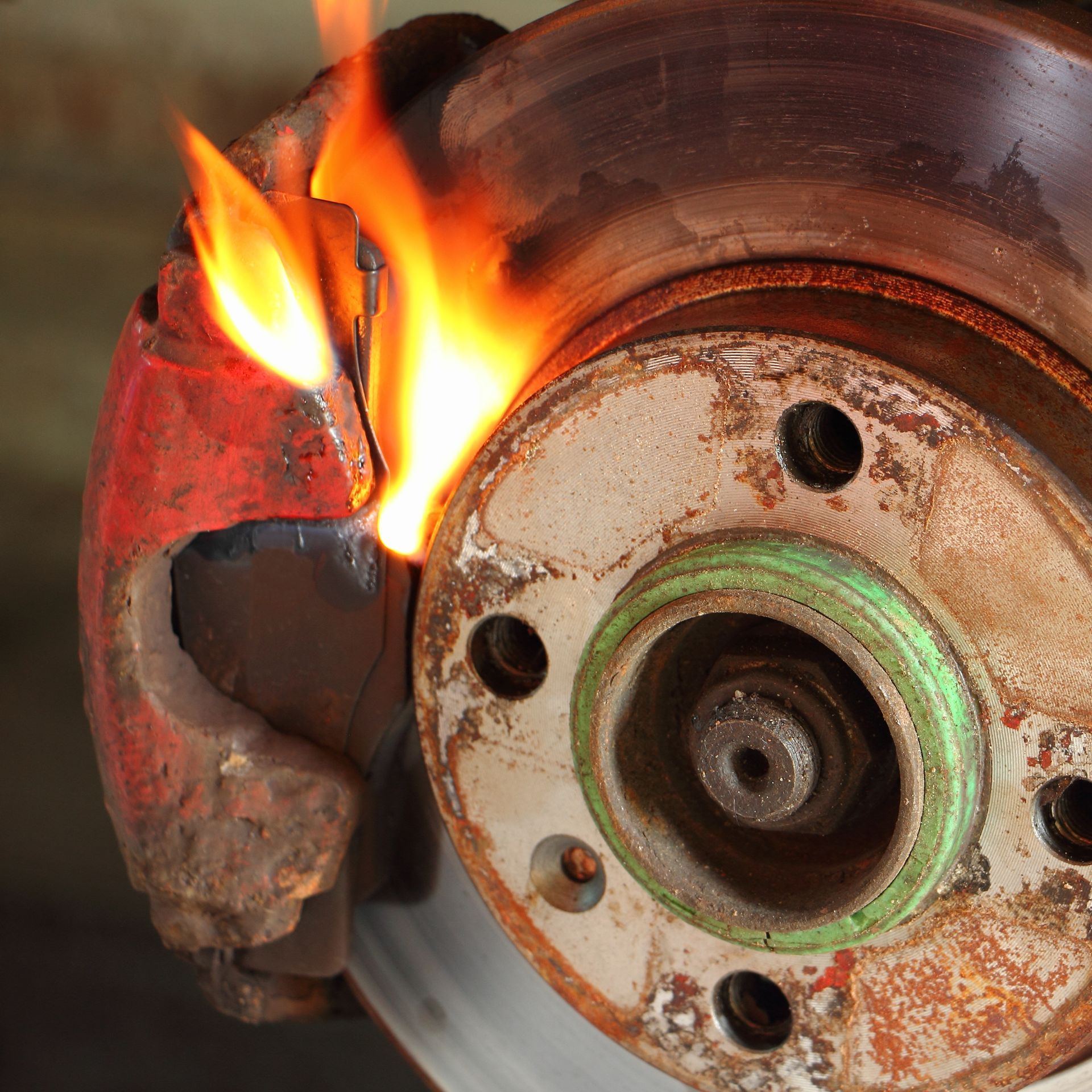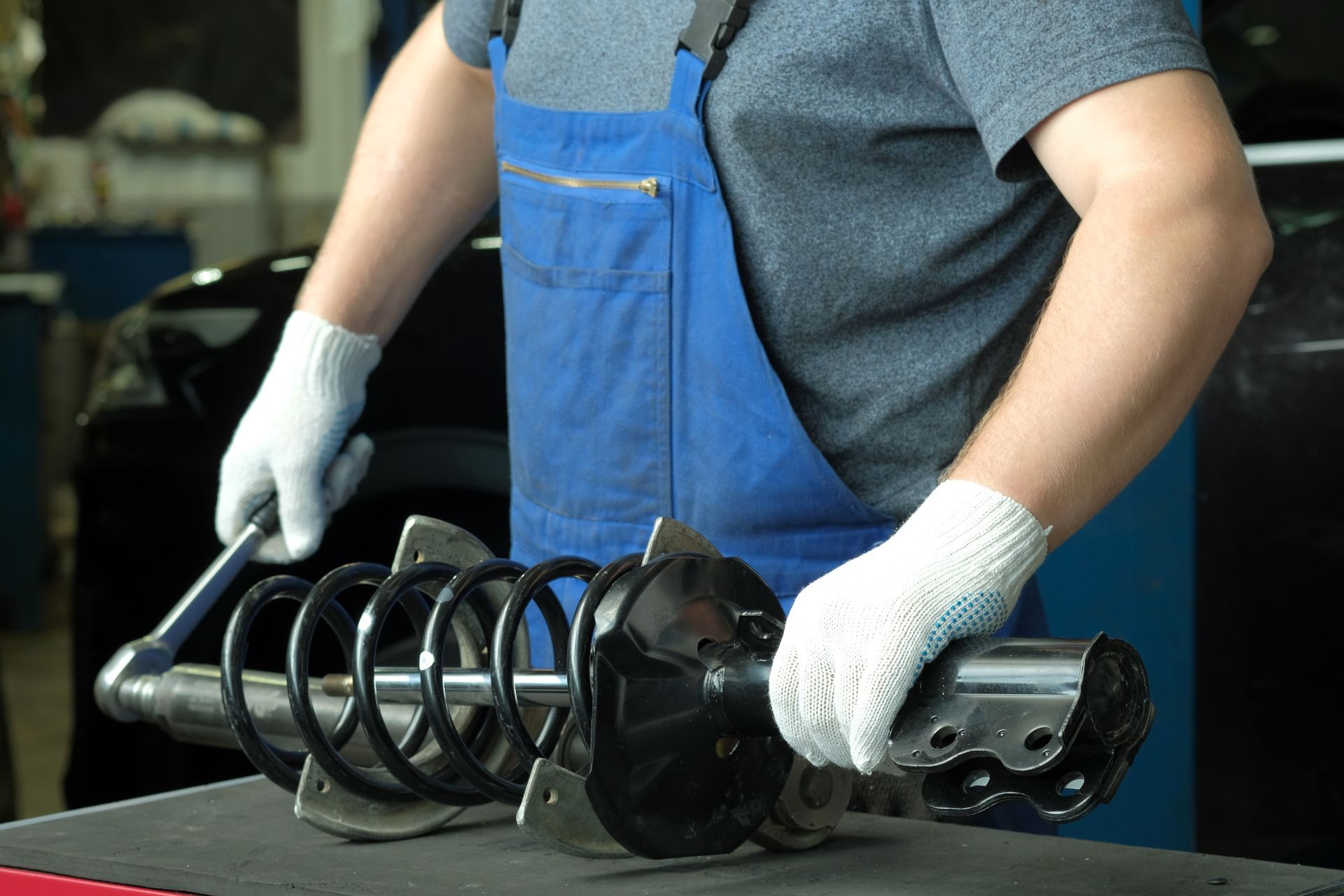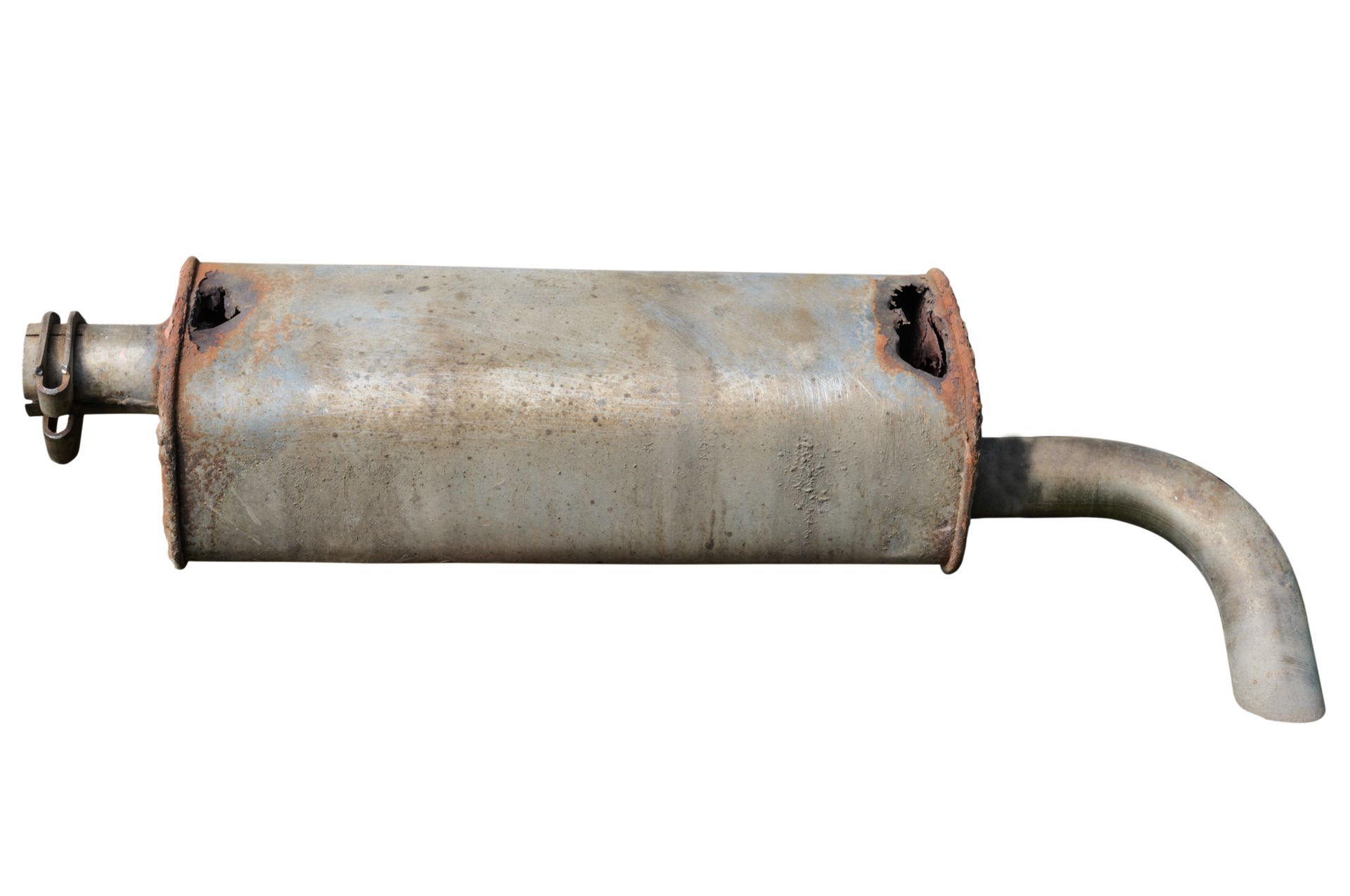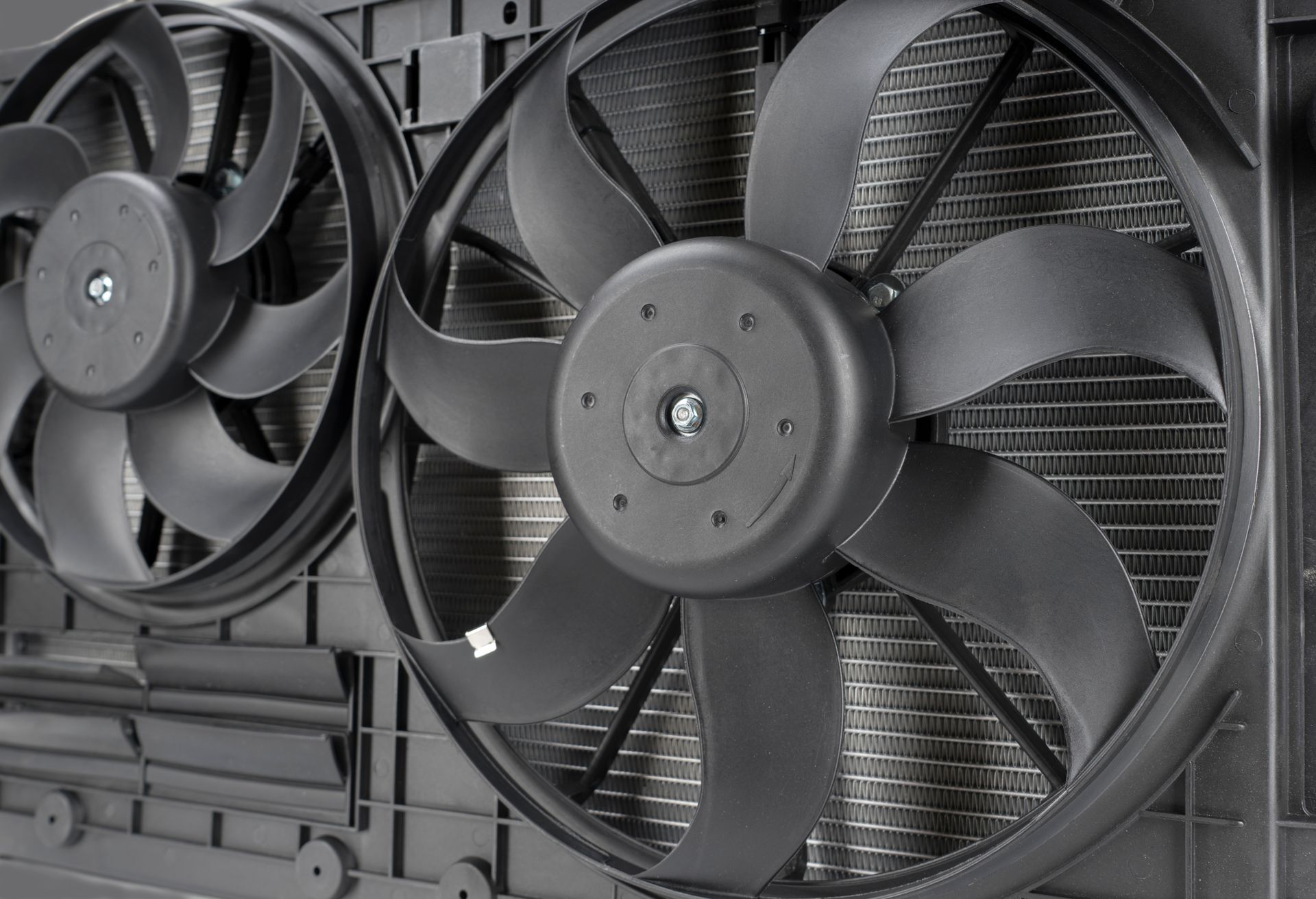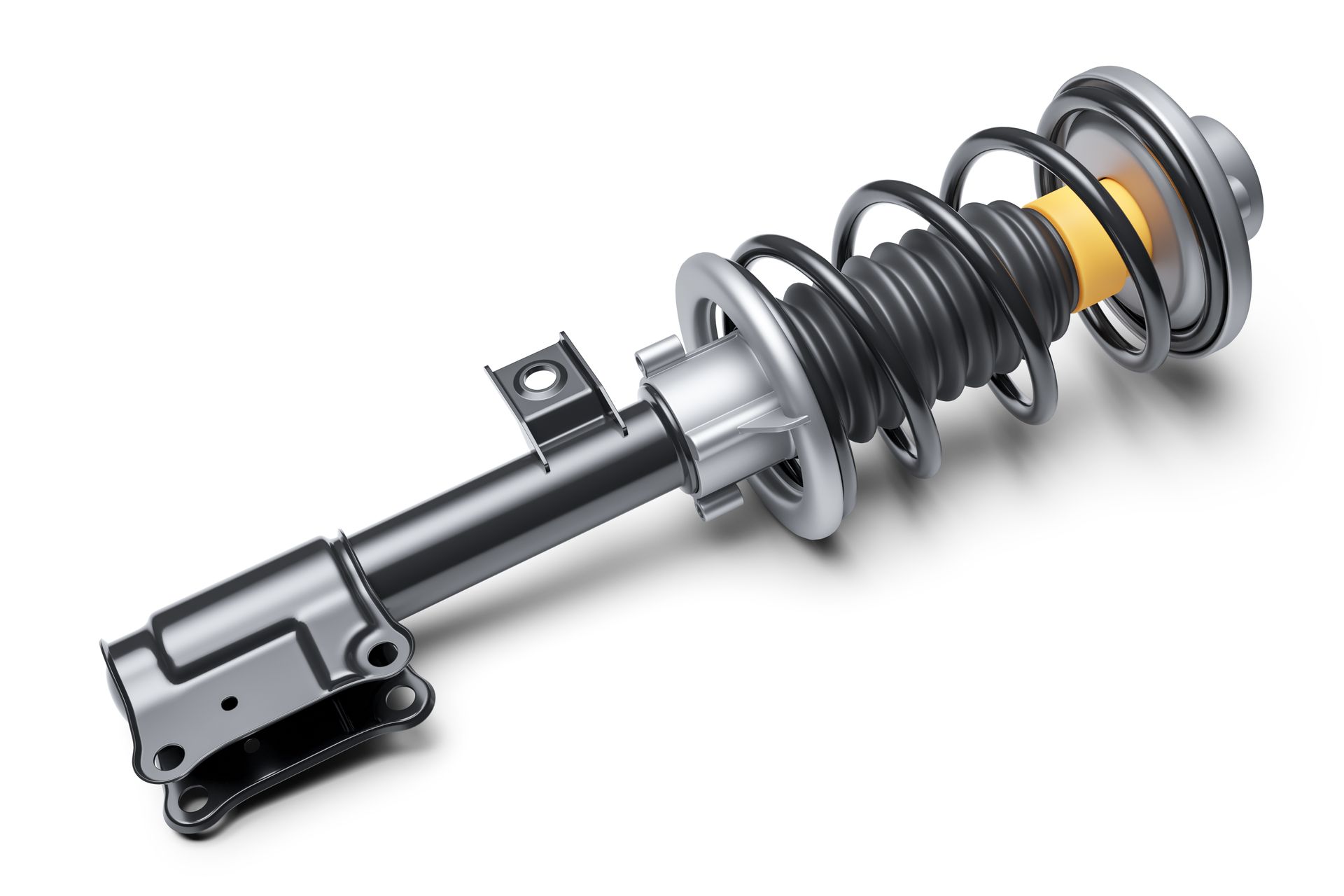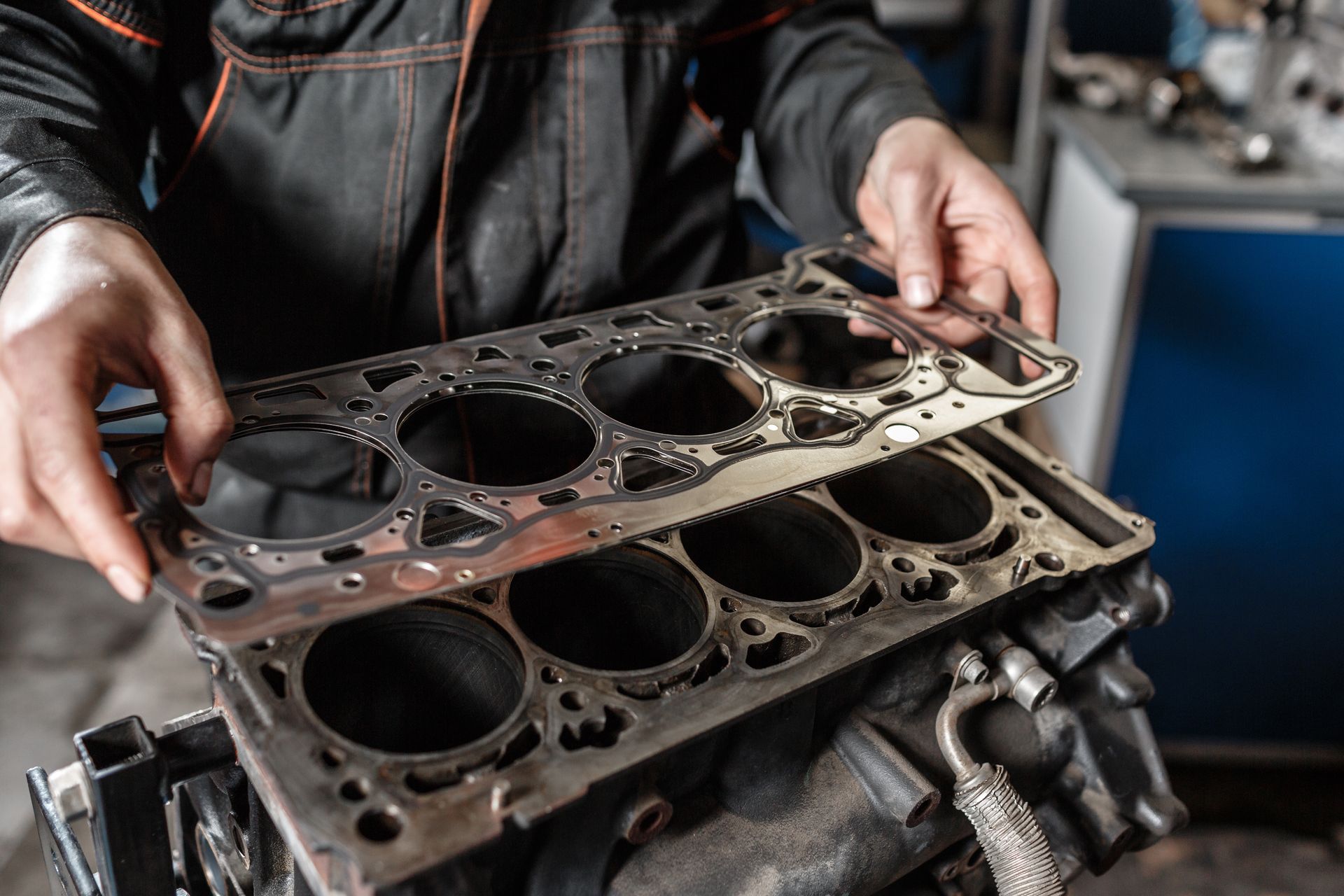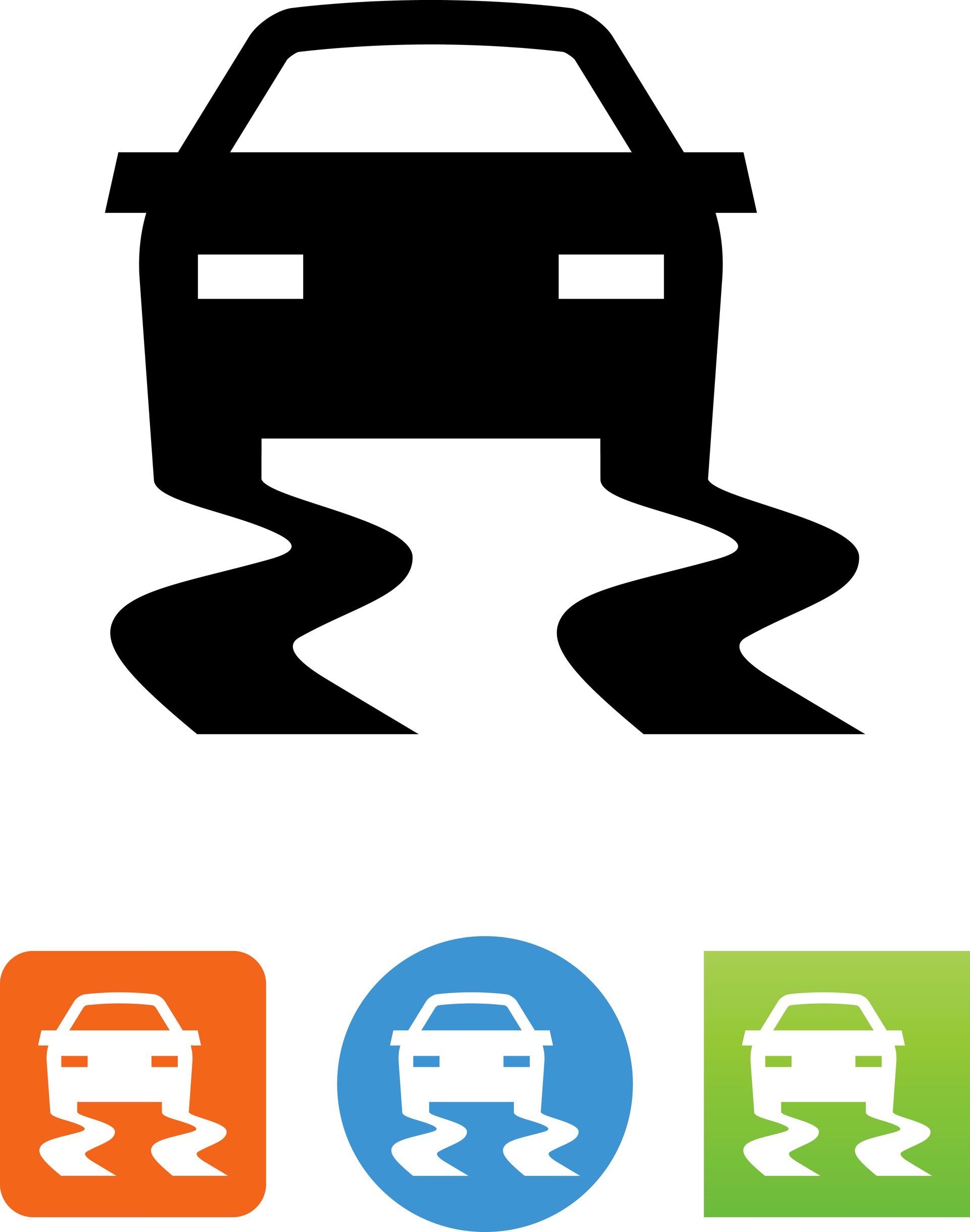If your steering wheel feels unusually stiff when you first start your car, it can catch you off guard and make maneuvering more difficult. While it might seem like a minor annoyance that fades once the engine warms up, stiff steering is often an early sign of trouble within your vehicle’s power steering system. Addressing it early can help you avoid breakdowns or more expensive repairs down the road.
Modern vehicles use power steering to make turning the wheel easier, especially at low speeds. When this system isn’t functioning correctly, you’ll feel the difference immediately, particularly during tight turns or when backing out of a parking spot. In a busy, fast-paced city like San Diego, reliable steering isn’t just a convenience—it’s a safety necessity.
Common Causes of Stiff Steering at Startup
One of the most frequent culprits of stiff steering is low power steering fluid. If the fluid level is below the recommended range, the system can’t generate enough pressure to assist with steering. In many cases, this occurs due to a slow leak in the power steering hose, pump, or steering rack. While the system may regain normal function once the fluid warms and circulates, this doesn’t mean the problem has gone away.
Cold weather can also temporarily thicken the fluid, making it harder for the pump to do its job when you first turn the key. Although San Diego has a mild climate compared to other areas, cooler mornings and evenings during certain months can still influence how the fluid behaves.
Another possibility is a worn or failing power steering pump. This component is responsible for generating the hydraulic pressure that helps turn the wheels. If the pump is starting to fail, it may struggle to deliver consistent performance, especially at startup when the engine is cold. A failing pump can also produce whining or groaning sounds as it struggles to operate under pressure.
The Role of the Serpentine Belt
The serpentine belt connects multiple accessories under your hood, including the power steering pump. If the belt is slipping, loose, or worn out, it can cause the pump to underperform, leading to stiffness in the steering wheel. You might hear squeaking noises or notice a delay in other systems as well, such as your alternator or A/C.
In some vehicles, a broken or malfunctioning belt tensioner can also prevent the serpentine belt from maintaining proper tension, reducing the power steering system’s effectiveness.
Electric Power Steering Has Its Own Set of Issues
Not all vehicles use hydraulic power steering. Many modern cars now use electric power steering (EPS), which relies on sensors and electric motors to assist with steering. If you have a vehicle with EPS and are experiencing stiffness, the cause could be electrical.
Problems with the EPS system can stem from blown fuses, failing sensors, or malfunctioning steering motors. In these cases, the system might reset itself after the vehicle warms up or after being turned off and restarted—but this doesn’t mean the problem has been resolved.
When to Take Action
If your steering wheel only feels stiff momentarily and then returns to normal, you might think it’s safe to ignore. However, power steering systems are designed to provide consistent assistance regardless of engine temperature. Any change in performance is a sign that something needs attention.
Inconsistent steering can lead to safety issues in traffic, especially if you’re unable to make quick turns or adjustments. It can also place additional stress on other steering and suspension components, which may lead to premature wear.
What a Professional Inspection Involves
When you bring your vehicle in for a steering issue, the technicians will start by checking fluid levels and inspecting for visible leaks. If the fluid is low, they’ll identify the source of the leak before refilling the system. They’ll also examine the condition of the serpentine belt and tensioner and ensure the power steering pump is functioning properly.
If your vehicle has electric power steering, they’ll run a diagnostic scan to look for error codes and test the sensors and control modules that manage steering assistance. In either case, the goal is to get to the root of the problem and prevent it from escalating into a more serious failure.
Keep Your Steering Smooth With Help From Auto Tech Specialists Service Center in San Diego, CA
Stiff steering isn’t just a hassle. It’s a warning sign your power steering system may be struggling. Whether the issue is with fluid, belts, or electrical components, it’s best to catch it early before it leads to a loss of control or costly repairs.
Call
Auto Tech Specialists Service Center in San Diego, CA, today to schedule a power steering system inspection. Let us help restore smooth handling and peace of mind behind the wheel.


